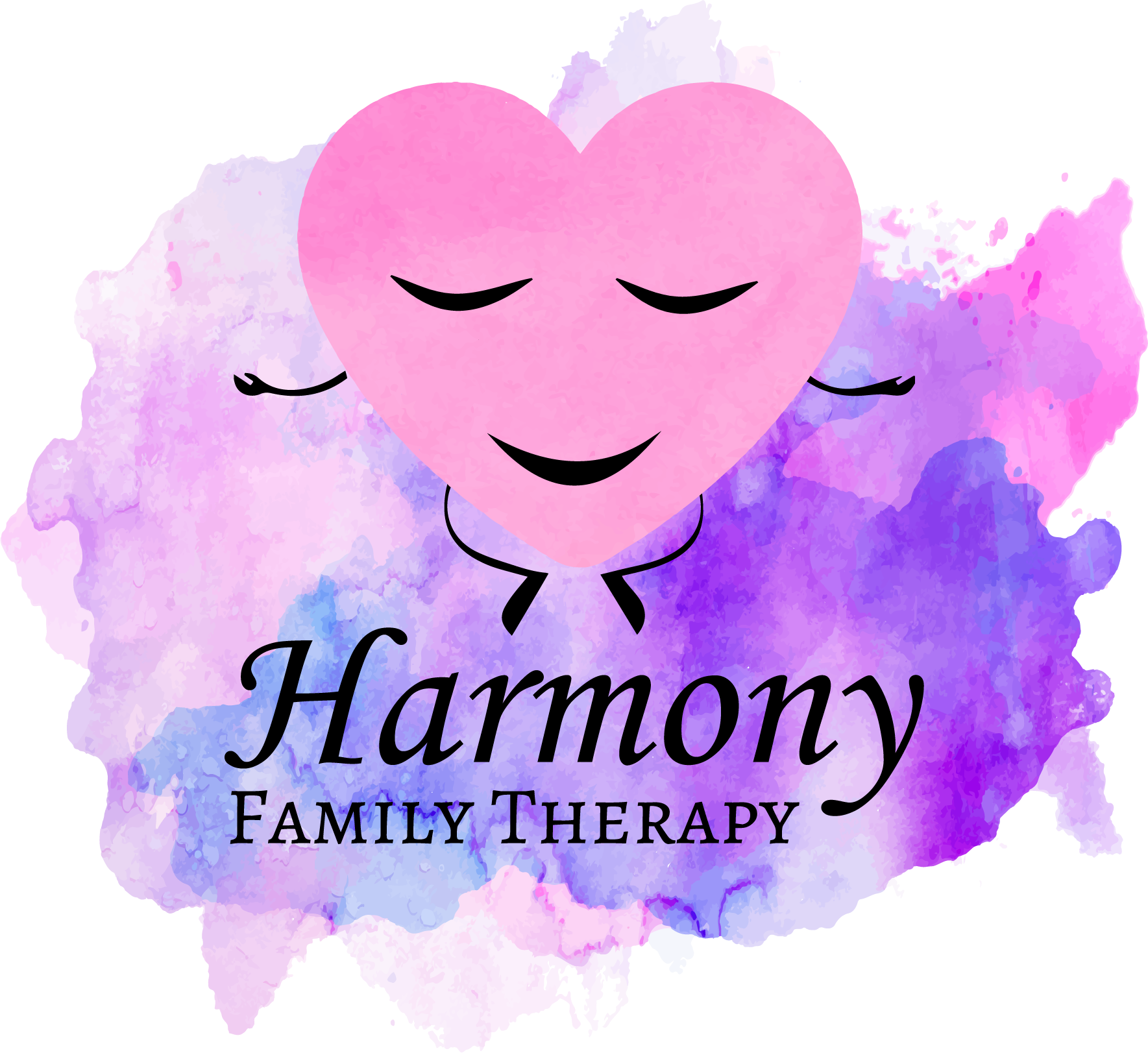What is self awareness?
Self-awareness is the ability to recognize and understand our own thoughts, feelings, behaviours, and motivations. It’s like having a mirror that reflects not only our outer appearance but also our inner world. When we cultivate self-awareness, we gain insight into who we truly are, paving the way for personal growth and more meaningful connections with others.
Although self-awareness is a foundational skill for emotional intelligence, most people are not good judges of their own self-awareness. For example, they may believe they are great listeners, but they constantly interrupt and dominate conversations. Or they may refuse to take responsibility for their role in a conflict, instead playing the victim. They may also agree to tasks that are beyond their capabilities. While I could provide many more examples, I would rather focus on how we can develop this important quality.
A practical way to nurture this vital skill is though the artful skill of Self-Reflection Questions. These are like windows that allow us to see inside ourselves. They prompt us to pause and explore the intricacies of our inner world. Here are some self-reflection questions that can serve as your compass on the journey to self-awareness:
a. What am I feeling right now? This deceptively simple question invites you to tune into your emotions. Are you feeling joy, sadness, anger, anxiety, or something else entirely? Recognizing and naming your emotions is the first step in understanding and managing them.
b. Why did I react that way? When you find yourself in a situation where your emotions are triggered, take a step back and ask yourself why you reacted in a particular manner. What was it about the situation that elicited that response? This inquiry helps uncover the underlying beliefs, past experiences, or insecurities that might be influencing your reactions.
c. What are my core values? Understanding your core values is essential for aligning your actions with your authentic self. What principles and ideals matter most to you? Identifying your values provides a roadmap for making decisions that resonate with your true identity.
d. What are my strengths and weaknesses? Self-awareness involves recognizing your strengths and acknowledging your areas for growth. Celebrate your talents and achievements, but also be honest about the areas where you can improve. Knowing both sides of the coin empowers you to leverage your strengths and work on your weaknesses.
e. What are my long-term goals and aspirations? Reflecting on your goals allows you to assess whether your current actions and choices are moving you closer to your desired future. It helps you set priorities and make decisions that align with your vision.
f. How do I self-sabotage, and why? We all have self-sabotaging behaviours that hold us back from reaching our full potential. Identifying these behaviours and understanding the underlying reasons behind them is crucial for personal growth and positive change.
g. What can I learn from my past mistakes and successes? Your past experiences are a treasure trove of wisdom. Reflecting on both your triumphs and failures provides valuable insights into what works for you and what doesn’t. Use this knowledge to make more informed choices in the future.
h. How do I perceive myself, and how do others perceive me? Sometimes, there can be a gap between how we see ourselves and how others see us. Soliciting feedback from trusted friends or colleagues can help you gain a more accurate perspective of your strengths and areas for improvement.
Remember that self-reflection is an ongoing practice. Make it a habit to set aside time regularly to ponder these questions, perhaps through journaling or simply quiet contemplation. Over time, you’ll find that these self-reflection questions become your allies in the journey of self-discovery, helping you uncover layers of understanding and insight that lead to greater self-awareness and personal growth.
